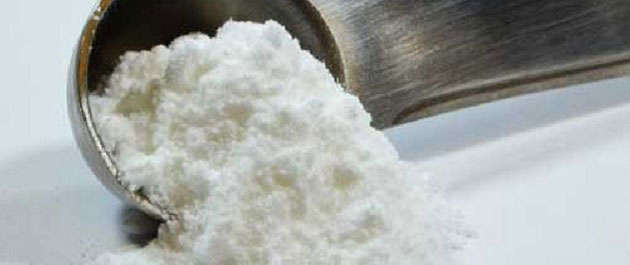
The death of an Ohio high school senior caused by an overdose of powdered caffeine has prompted the FDA to issue a safety advisory about caffeine powders. Bulk bags of pure caffeine powder are readily available online, and these products may be attractive to young people looking for added caffeine stimulation or for help losing weight, but they are extremely dangerous. Just a teaspoon of pure caffeine powder is equivalent to about 25 cups of coffee—a lethal amount. Besides death, severe caffeine overdose can cause fast and erratic heartbeat, seizures, vomiting, diarrhea, and disorientation—symptoms much more extreme than those of drinking too much coffee or tea or consuming too many sodas or energy drinks.
Although caffeine is generally safe at the dosages contained in popular beverages, caffeine powder is so potent that safe amounts cannot be measured with ordinary kitchen measuring tools, making it very easy to overdose on them even when users are aware of their potency. The FDA thus recommends that consumers avoid caffeine powder altogether, and wishes to alert parents to the existence of these products and their hazards.
